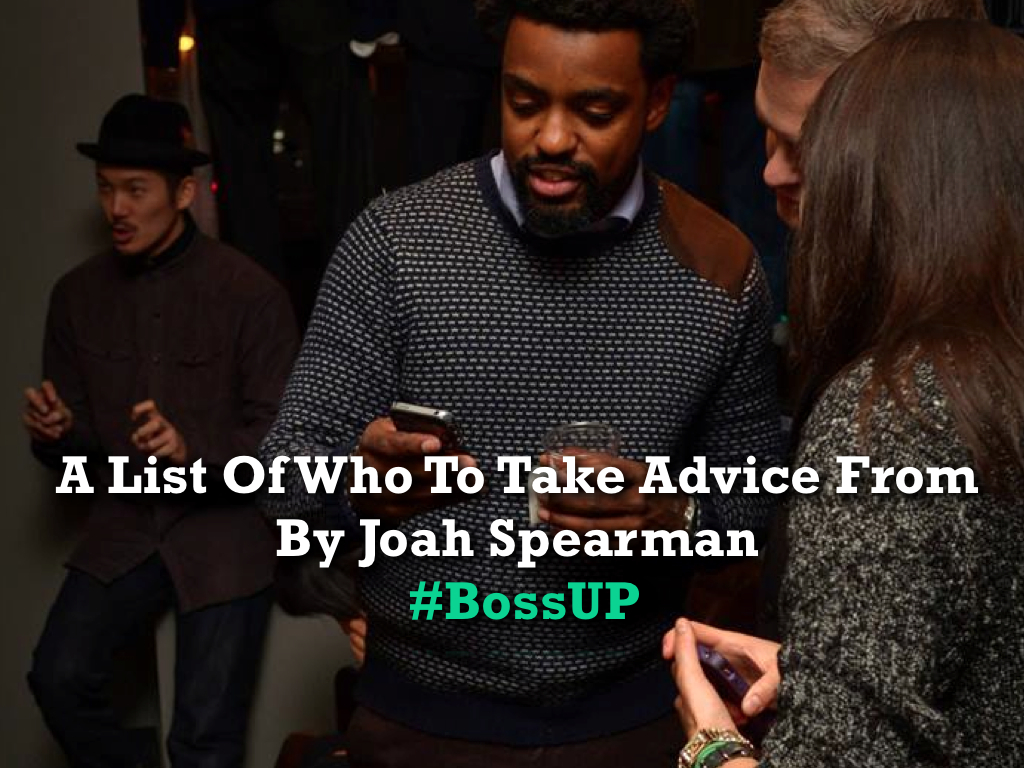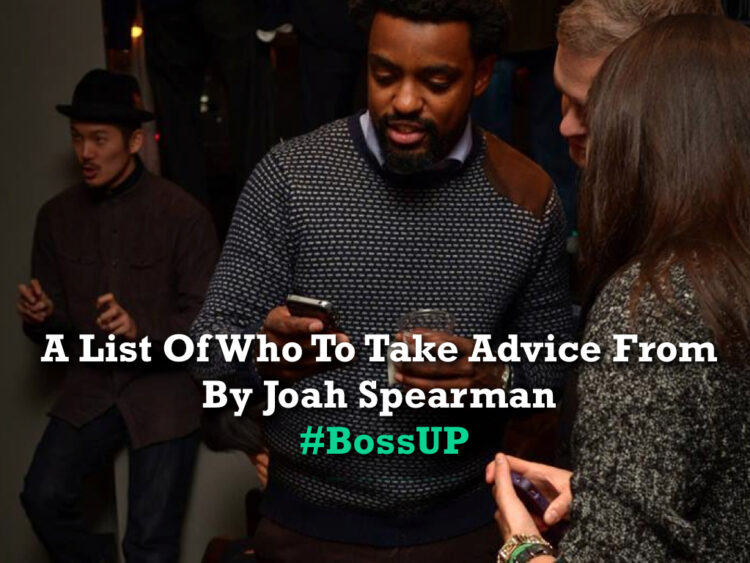
For those of you considering starting a business, particularly a tech startup, you’re in for quite the ride. Unless you’re in the “PayPal mafia” or already sold a company to Google or Twitter, raising money may be your single toughest task.
Even if fundraising is easier for you thanks to a rich uncle or super angel who you’ve known for years, building a quality product, putting a high-caliber team together and finding product-market fit will be paramount to reaching even a minimal level of success.
My startup Localeur was named the best new startup in Austin in 2013, a rarity for a consumer startup in this B2B-centric city, but that doesn’t mean we’ve made it big-time just yet. Every day is a grind, and even with exceptional month-over-month app growth and engagement double the industry average, we’re still in the thick of it as an early-stage startup. In fact, I think all our early traction has done is made us an even easier target – especially here in Austin – for something that can become your number one time-suck as a CEO/founder: TAKING ADVICE
Figuring out who to really take advice from and when to leave it at the coffee table is one of the subtle, but important duties I’ve realized many entrepreneur and VC blogs I’ve read don’t touch on. That said I’ve put together a few things to consider as you absorb all the desired and unsolicited advice. Trust me on this.
 Knows your full name > Doesn’t know your full name.
Knows your full name > Doesn’t know your full name.- Knows the name of your company > Doesn’t know the name of your company.
- Knows your company’s mission > Doesn’t know your company’s mission.
- Knows your competitors > Doesn’t know your competitors.
- Has invested in your company > Has not invested in your company.
- Has started or funded a company in your market > Has not started or funded a company in your market.
- Has founded or invested in a tech startup > Has not founded or invested in a tech startup.
- Has gotten a company to a billion dollars in valuation (100 million if you’re less ambitious) > Has not gotten a company to a billion dollars (or 100 million) in valuation.
- Passed on acquisition offers and kept running the company > Took the first acquisition offer and watched someone else run their company.
- Has taken a company public (see No. 7 above, based on ambition) > Has not taken a company public.
- Has worked with you before > Has never worked with you.
- Knows > Assumes.
- Truly is there to help > Says “I am here to help.”
- Makes introductions > Name drops.
- Does > Suggests.
- Advises > Insists.
- Recommends new ways of thinking > Recommends to think like them.
- Shares anecdotes and case studies > Tells you about some other founder/startup.
- Gives you their insight on the industry/trends > Sends links to articles with no added insight.
- Shares > Talks.
- Understands > Listens.
- Teaches > Tells.
- Meets in person > Calls > Emails > Connects you with their assistant.
- Ask tough questions > Ask dumb questions.
- Empathy > Ego.
These are obviously huge generalizations, and there are exceptions to every rule, but I think these represent solid guardrails for when advice is more relevant versus not helpful at all.
Image credit: CC by The Phat Startup



